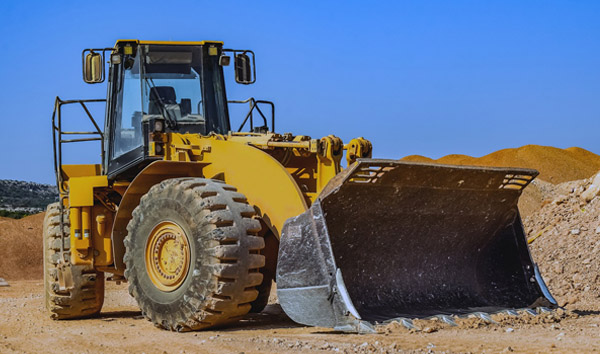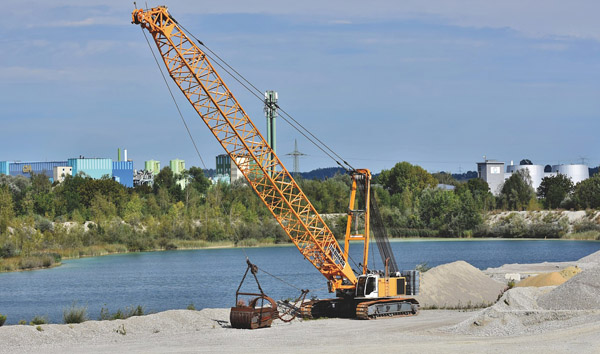Revolutionizing Lumber Handling with Rough Terrain Forklifts
2025-07-12 04:25:27
The lumber industry demands robust equipment capable of navigating uneven surfaces while handling heavy loads. Rough Terrain Forklifts have emerged as a game-changer, specifically designed for outdoor operations where stability and power are non-negotiable. Unlike standard forklifts, these machines feature reinforced tires, high ground clearance, and powerful engines, making them ideal for lumber stacking in challenging environments.
One of the key advantages of rough terrain forklifts is their ability to operate seamlessly on unpaved, muddy, or sloped surfaces. According to industry data, over 65% of lumber yards report a 30% increase in productivity after adopting these forklifts. Their four-wheel-drive systems and advanced hydraulic controls ensure precise load placement, even when stacking lumber at heights exceeding 20 feet. This capability minimizes manual labor and reduces workplace injuries, a critical factor in OSHA-compliant operations.
The design of rough terrain forklifts incorporates specialized attachments for lumber stacking, such as extended forks and grapples. These enhancements allow operators to securely transport and organize logs, beams, and palletized lumber with minimal effort. Market research indicates that companies utilizing these forklifts experience a 25% reduction in material damage, thanks to improved load stability. Additionally, their diesel or hybrid engines provide the torque needed for continuous operation in remote logging sites.
Sustainability is another area where rough terrain forklifts excel. Modern models feature fuel-efficient engines and emission-reducing technologies, aligning with the lumber industry’s push toward greener practices. A 2023 study by the Forestry Equipment Association revealed that electric-powered rough terrain forklifts reduce carbon footprints by up to 40% compared to traditional models. As lumber yards expand into ecologically sensitive areas, these forklifts offer an eco-friendly alternative without compromising performance.
In conclusion, rough terrain forklifts have redefined lumber stacking by combining durability, precision, and environmental consciousness. Their adoption continues to rise, with global sales projected to grow by 12% annually through 2028. For industries reliant on efficient material handling, investing in these machines is no longer optional—it’s a strategic necessity.














